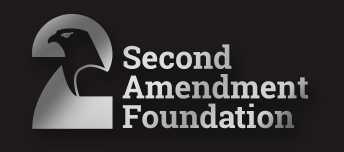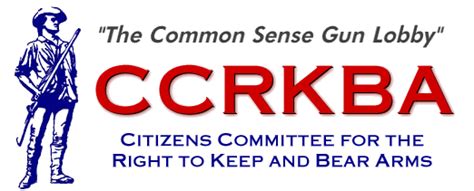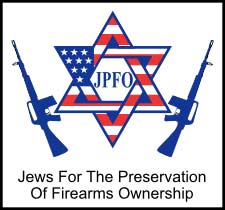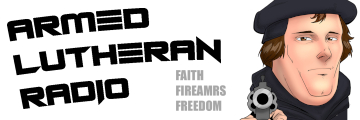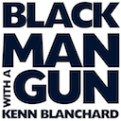Why
Are Suppressors Widely Available In The UK and New Zealand, But
Heavily Regulated And Expensive In The US?
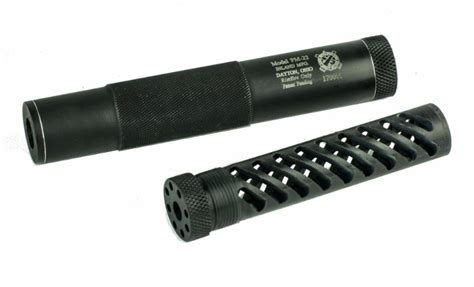 (2021-01-25) Firearms
suppressors go by many names. For instance in the UK, they are
called “moderators”. However, here in the US, they are often
falsely called “silencers”
- an advertising term from the early 1900s. This false idea that
firearms suppressors make guns so quiet that they can barely be heard
has been reinforced by decades of movies and TV shows. So, before we
can begin to talk about suppressors,
we need to talk about what they are and what they actually
do.
(2021-01-25) Firearms
suppressors go by many names. For instance in the UK, they are
called “moderators”. However, here in the US, they are often
falsely called “silencers”
- an advertising term from the early 1900s. This false idea that
firearms suppressors make guns so quiet that they can barely be heard
has been reinforced by decades of movies and TV shows. So, before we
can begin to talk about suppressors,
we need to talk about what they are and what they actually
do.
Silencers Do
Not Silence!
Essentially,
suppressors are mufflers for guns. In fact, the technology
is
basically identical. We
all know that mufflers do not make cars silent – in fact
they can
still be very loud. The same is true with firearms. Suppressors
reduce firearms noise, they do not eliminate it.
Furthermore,
firearms face a challenge that cars do not. While
controlling the
noise made by escaping gas is common to cars and guns – most guns
create noise in another way that suppressors can do nothing about:
Sonic “booms”. Most firearms launch bullets at speeds well
above
the speed of sound. Hence, even if a suppressor could eliminate all
noise from escaping gas (an
impossibility),
the sonic boom is still very loud.
What about the classic
movie scene in which a pistol with a silencer is fired and it
is
so quiet that you can
not hear it in the next room? Well, that has been put to the test.
A
YouTube channel tested several suppressors on a 9mm handgun – using
subsonic ammo (no sonic boom). The result? The sound of the shots
was reduced from 160db to about 130db. While this is a significant
reduction, 130db is the same sound level as a car horn or jackhammer
at 10 feet. Not exactly silent!
Criminals
frequently use “silencers” in the movies and TV, but quite
infrequently in real life. Why is this? Well, quite simply, they do
not offer an advantage – and in fact make the firearm larger and
harder to conceal. Consider
the recent Virginia Beach shooting –
which gun control groups have used to oppose suppressor deregulation.
In that horrible incident, police
officers in the next office
building heard and immediately recognized the gun shots in spite of
the fact that the murderer was using a suppressor and subsonic ammo.
In
short, the argument that criminals would be able to kill people
using suppressors without making significant noise is simply
false.
Besides, if they really want to kill without making
any noise they could use one of these:
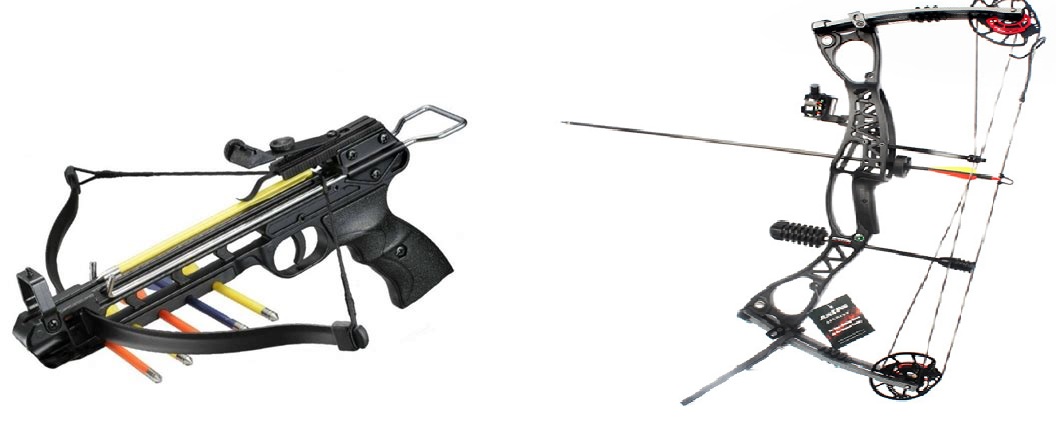
Suppressors
Not Only Protect Hearing – They Also Can Enable Firing Ranges To
Remain Open
In the past, the debate
over suppressor reform
has centered over the health benefits they provide – with
gun
rights advocates arguing that they protect shooter’s hearing and
the gun control advocates arguing that shooters can just use
earplugs. In
my opinion, this misses the real reason gun control groups are
opposed to making suppressors widely available: If suppressors were
widely available, many more firing ranges could remain open, because
suppressors greatly reduce the distance sound travels.
This is why
suppressors are commonly required at ranges in the UK.
Gun
control groups love to close firing ranges – and a weapon that they
often use is noise. Many ranges in America were built
decades ago,
and many now have neighbors. Noise complaints by these neighbors are
often used to close these ranges. They are also used to reduce the
hours that ranges can operate. Indoor ranges can solve this problem
(although gun control groups oppose these as well), but they are
expensive and really only suitable for pistols.
As
a result of range closures, in many urban areas of California going
to practice with a rifle can require a trip of an hour or more.
For
instance, for SF Bay Area residents, the closest “full featured”
range where practice with high powered rifles (i.e. hunting rifles)
can be done at ranges past 100 yards
is
located in rural Sacramento County – over a 2 hour drive away. Long
trips to firing ranges make it more difficult to take part in
the shooting sports and thus
reduce
the number of shooters. Fewer shooters will reduce
opposition to
more gun restrictions. This
is the real reason why suppressor
deregulation is opposed by gun control groups.
How
Suppressors Are Currently Regulated – And What Changes Gun Rights
Activists Want
It is a common misconception that
suppressors are illegal under federal law. While many states do
outlaw them, federally
they are legal, but heavily regulated. Under
the 1934 National Firearms Act (NFA), suppressors actually fall into
the same category as machine guns. Obtaining one requires an
extensive background check that can take longer than a year, and the
payment of a $200.00 tax.
Obviously, this greatly reduces demand,
which causes prices to rise. A typical suppressor costs
about $400.00-600.00, plus that $200.00 tax.
Gun rights
advocates support bills that would remove suppressors from the NFA
and simply regulate them as firearms. They would continue
to be
subject to background check requirements through the normal NICS
system used
for firearm purchases –
but the checks would be rapid (typically 30 minutes or less), and not
subject to the current $200.00 tax. This would increase demand and
eventually lower prices. Suppressors are not complicated devices
and are not expensive to manufacture. The only thing keeping the
price high is the extensive regulation.
Opposition to
suppressor regulation is rooted in falsehoods perpetuated by the
entertainment industry. It’s time to look past those falsehoods
and deregulate them.




